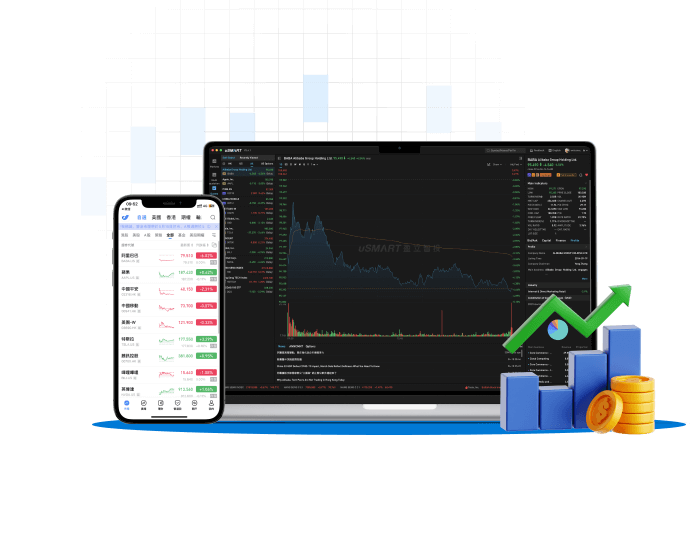You are browsing the Hong Kong website, Regulated by Hong Kong SFC (CE number: BJA907). Investment is risky and you must be cautious when entering the market.
Types of ETFs And
Trading Characteristics
Cryptocurrency Spot
Tracks cryptocurrency market indices, providing direct exposure to cryptocurrencies, high risk, and potential high returns
Leveraged Long/Short
Utilizes leverage strategies to amplify investment returns and risks, suitable for investors with high risk tolerance
Index-based
Tracks market indices, offering broad market exposure, low-cost investment, suitable for long-term investment and risk diversification
Regional
Tracks the performance of specific regions or countries' economies, allowing investors to choose exposure to specific regions' markets
Commodity-based
Tracks the performance of the commodity market, providing investors with exposure to the commodity market
Sector
Tracks the performance of the commodity market, providing investors with exposure to the commodity market
Bond
Tracks bond market indices, providing exposure to the bond market, including different types of bonds
Forex
Forex is a special type of ETF that invests in forex-related assets.
*To learn more about ETF types individually, click here
Learn MoreEfficient, Transparent, And
Secure ETF Trading Platform
Security
Licensed broker recognized by the Hong Kong Securities and Futures Commission (Central Entity Number: BJA907)
Abundance
Wealth of asset portfolios through ETF trading
Transparency
Comprehensive disclosure of ETF information
Efficiency
Online account opening in 3 minutes
Fast
Direct connectivity to the exchange with millisecond-level response
Service
24/7 online customer service, round-the-clock consultation
Lower Fees
Selected 100 ETFs in HK Stock
Market With 0 commission And
0 platform fees*
FAQs
What is an ETF? How is it different from stocks?
ETF stands for "Exchange-Traded Fund." It is an investment tool similar to stocks but different from traditional mutual funds. The unique feature of an ETF is that it can be traded on an exchange, just like stocks. In contrast to individual stocks, an ETF represents a basket of assets such as stocks, bonds, or commodities. This means that when you buy one unit of an ETF, you actually own a small portion of multiple assets within it.
When can I buy or sell ETFs?
ETFs can be bought or sold when the exchange is open for trading. In Hong Kong, exchanges typically open at 9:30 am and close at 4:00 pm. You can use your securities account to trade ETFs through the exchange. It is important to keep an eye on market volatility and trading volume to ensure you get a reasonable price when trading.
Why is investing in ETFs better than investing in individual stocks?
Investing in ETFs offers several advantages over investing in individual stocks. Firstly, ETFs provide better asset diversification. Since an ETF represents a basket of assets, you can achieve broader asset diversification within a single investment, thereby reducing risk. Secondly, ETFs typically have lower management fees, meaning you can achieve diversification at a lower cost. Additionally, ETF trading offers high liquidity, allowing you to buy or sell during market hours, enhancing flexibility and convenience.
How do I choose the right ETF for me?
Choosing the right ETF for you involves considering several factors. Firstly, you should determine your investment goals and risk tolerance. Some ETFs focus on specific industries or regions, while others offer broader market diversification. Secondly, you should consider the ETF's fee structure and performance track record. Look at indicators such as management fees and tracking error to understand the cost and performance of the ETF. Feel free to consult uSMART investment advisors for professional advice to gain more information and recommendations about ETFs.
Are ETFs suitable for long-term investment?
nvestment aims to achieve capital growth over an extended period. As ETFs represent diversified asset portfolios, they can provide the asset diversification and stability needed for long-term investment. Additionally, ETFs generally have lower management fees, which is an important consideration for long-term investors.

















